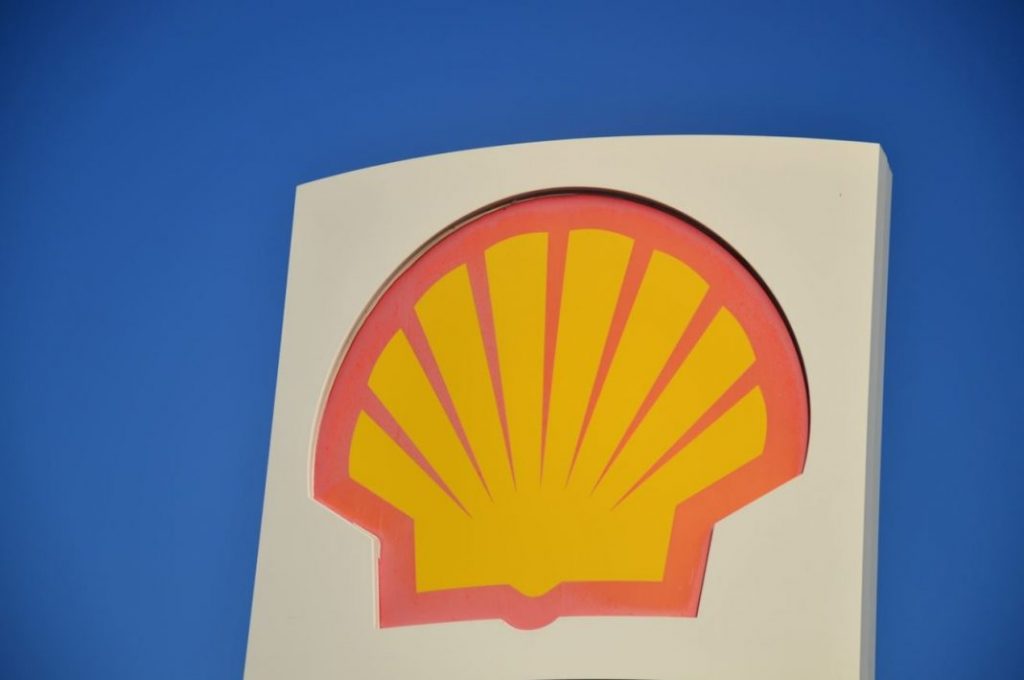This story requires a subscription
This includes a single user license.
The Hague District Court ordered Shell in a ruling in May 2021 to reduce its CO2 emissions by 45 percent by 2030 with respect to the level of 2019 for the company and its suppliers but also customers.
The ruling came as a result of legal action brought by Friends of the Earth Netherlands (Milieudefensie) together with 17,000 co-plaintiffs and six other organizations.
Shell announced in a statement on Tuesday that the Court of Appeal of The Hague overturned the District Court of The Hague’s 2021 ruling in the case brought against the company by Milieudefensie, other NGOs, and a group of private individuals.
“We are pleased with the court’s decision, which we believe is the right one for the global energy transition, the Netherlands, and our company,” CEO Wael Sawan said.
“Our target to become a net-zero emissions energy business by 2050 remains at the heart of Shell’s strategy and is transforming our business. This includes continuing our work to halve emissions from our operations by 2030,” he said.
$10-15 billion
Shell stated previously that a court ruling would not reduce overall customer demand for products such as petrol and diesel for cars, or for gas to heat and power homes and businesses.
It would “do little to reduce emissions, as customers would take their business elsewhere.”
Shell said it is investing $10-15 billion between 2023 and the end of 2025 in low-carbon energy solutions including charging for electric vehicles, biofuels, renewable power, hydrogen, and carbon capture and storage.
The company invested $5.6 billion in low-carbon solutions in 2023, which was 23 percent of its capital spending.
By the end of 2023, Shell had achieved more than 60 percent of its target to reduce Scope 1 and 2 emissions from its operations by 50 percent by 2030, compared with 2016, the company said.
By the end of 2023, Shell had also achieved its short-term target to reduce the net carbon intensity of the energy products it sells (6.3 percent reduction against its target of 6-8 percent) compared with 2016, it said.
To help drive the decarbonization of transport, Shell set a new ambition in 2024 to reduce customer emissions from the use of its oil products (such as gasoline, diesel, and kerosene) by 15-20 percent by 2030, compared with 2021 (Scope 3, Category 11), Shell added.

